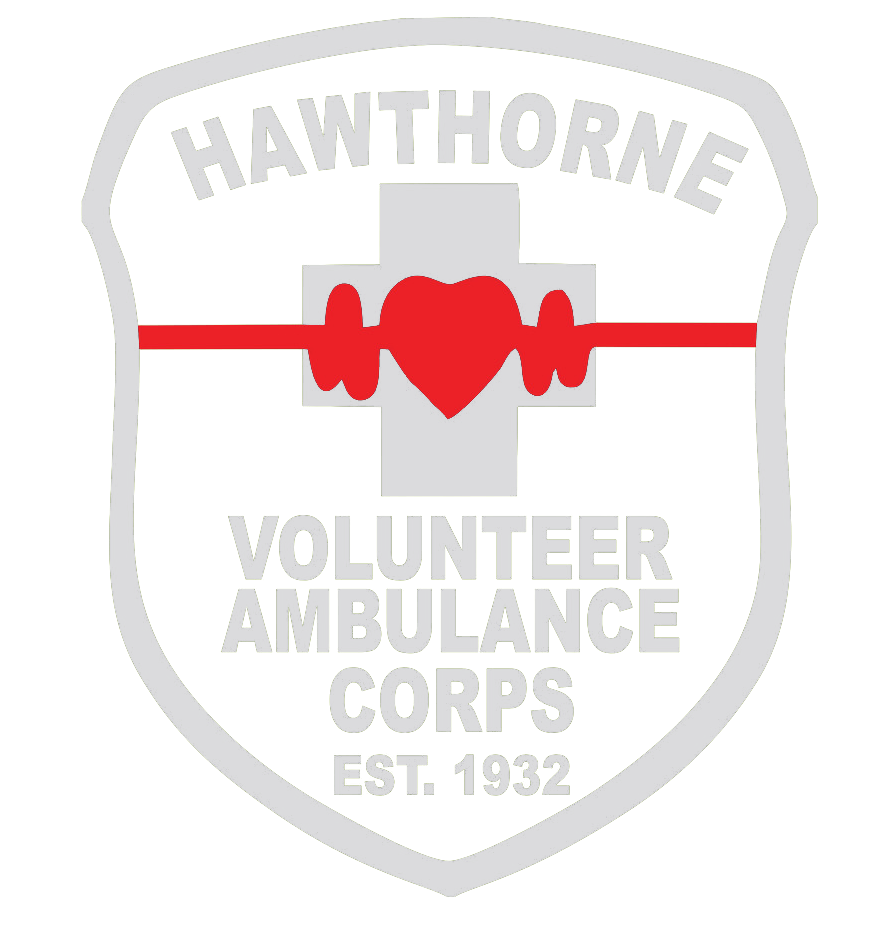Education
When to Call 911
In an emergency, call 911 or your local emergency number immediately from any wired or wireless phone. An emergency is any situation that requires immediate assistance from the police, fire department or ambulance. Examples include:
A fire
A crime, especially if in progress
A car crash, especially if someone is injured
A medical emergency, such as someone who is unconscious, gasping for air or not breathing, experiencing an allergic reaction, having chest pain, having uncontrollable bleeding, or any other symptoms that require immediate medical attention
Important: If you’re not sure whether the situation is a true emergency, officials recommend calling 911 and letting the call-taker determine whether you need emergency help.
When you call 911, be prepared to answer the call-taker’s questions, which may include:
The location of the emergency, including the street address
The phone number you are calling from
The nature of the emergency
Details about the emergency, such as a physical description of a person who may have committed a crime, a description of any fire that may be burning, or a description of injuries or symptoms being experienced by a person having a medical emergency
Remember, the call-taker’s questions are important to get the right kind of help to you quickly.
Be prepared to follow any instructions the call-taker gives you. Many 911 centers can tell you exactly what to do to help in an emergency until help arrives, such as providing step-by-step instructions to aid someone who is choking or needs first aid or CPR.
Finally, do not hang up until the call-taker instructs you to.
If you dial 911 by mistake, or if a child in your home dials 911 when no emergency exists, do not hang up—that could make 911 officials think that an emergency exists, and possibly send responders to your location. Instead, simply explain to the call-taker what happened.
American Association of Poison Control Centers
New Jersey’s Local Poison Control
New Jersey Poison Information and Education System
The American Association of Poison Control Centers supports the nation’s 57 poison centers in their efforts to prevent and treat poison exposures. Poison centers offer free, confidential medical advice 24 hours a day, seven days a week through the Poison Help Line at 1-800-222-1222. This service provides a primary resource for poisoning information and helps reduce costly emergency department visits through in-home treatment.
In 2010, America’s 57 poison centers received about 4 million calls. Of those, about 2.4 million were calls about poison exposures ranging from carbon monoxide to snake bites to food poisoning. The rest were calls for information.
These prevention tips can help you or your loved ones avoid poisonings. For more tips and information, call your local poison center at 1-800-222-1222f
